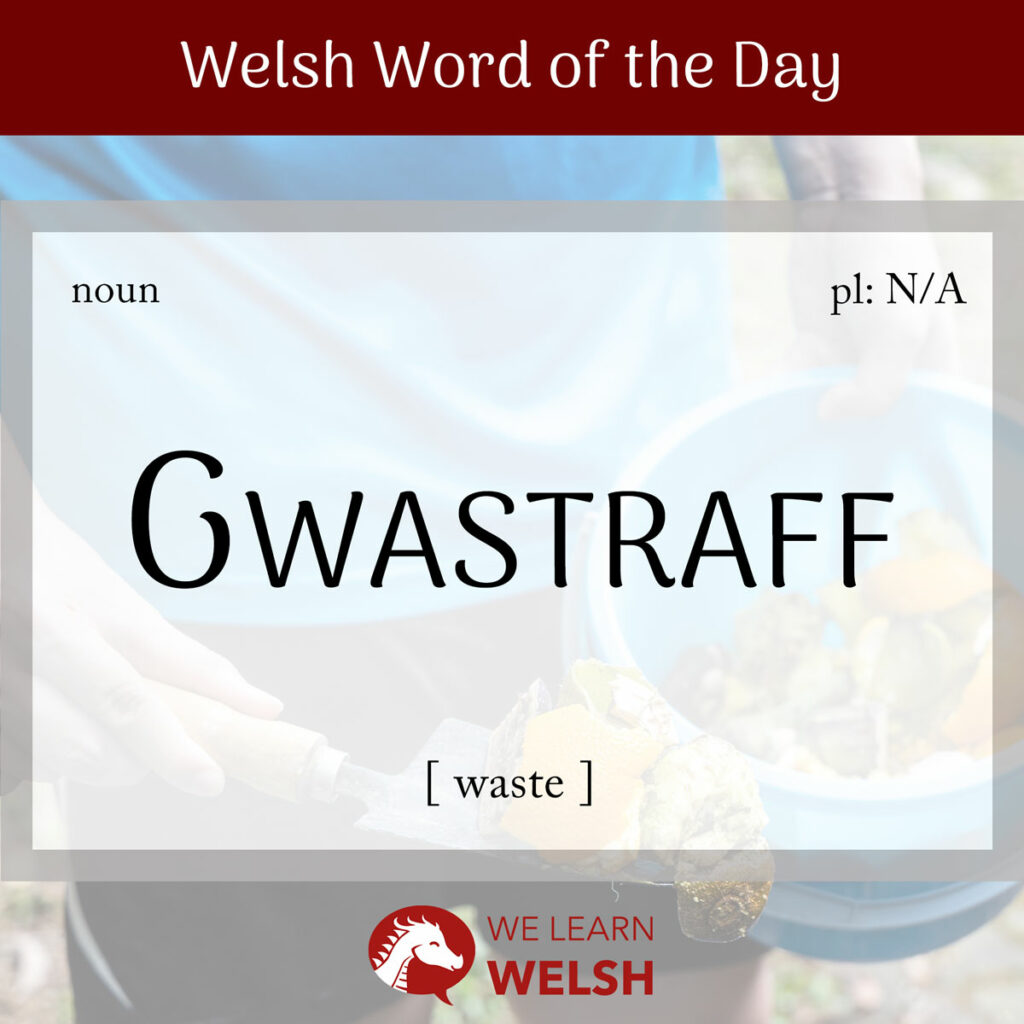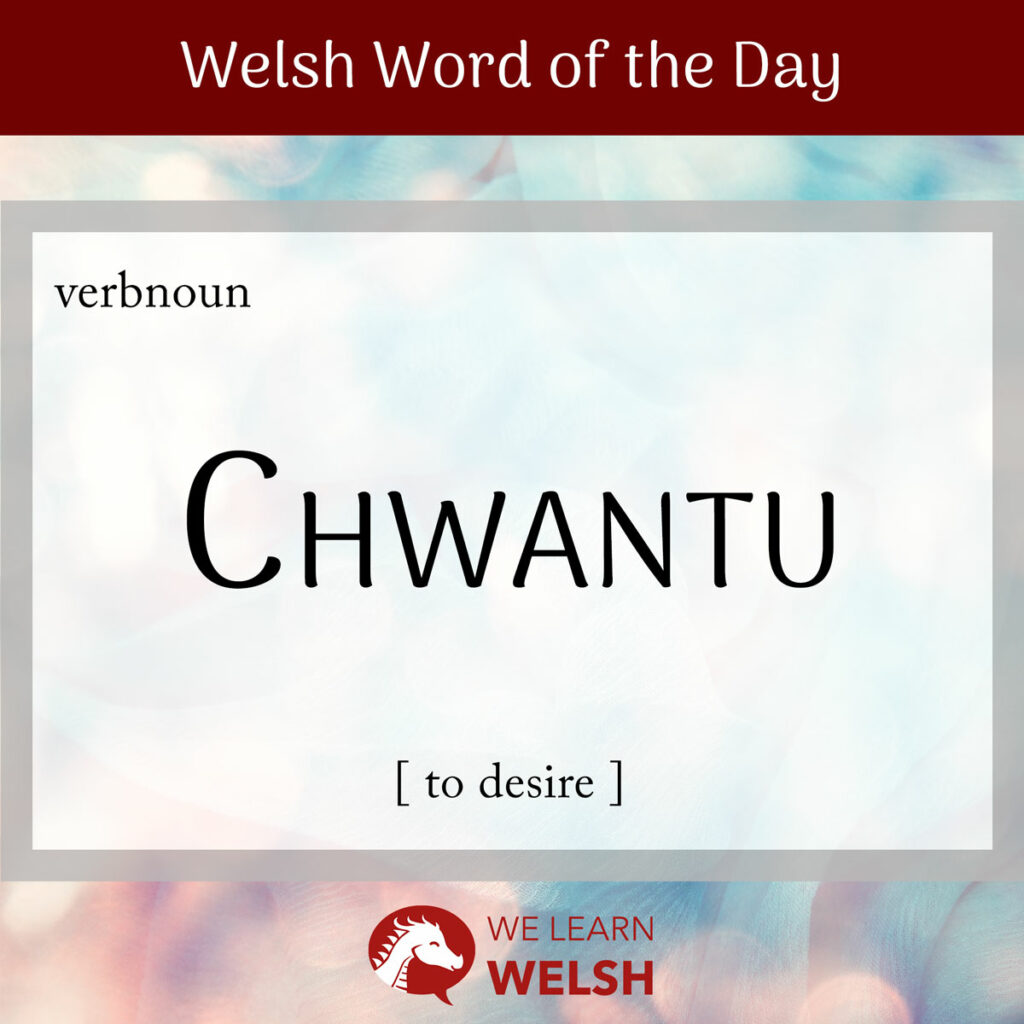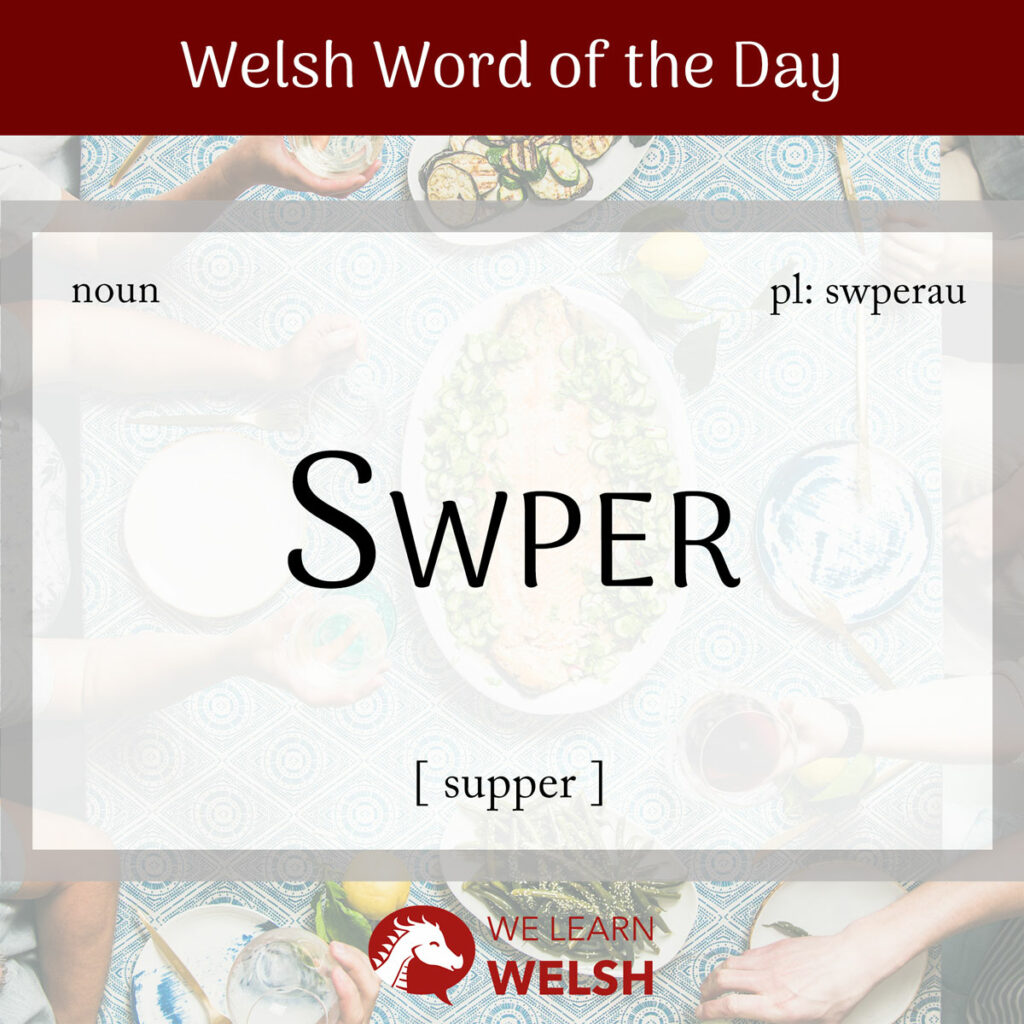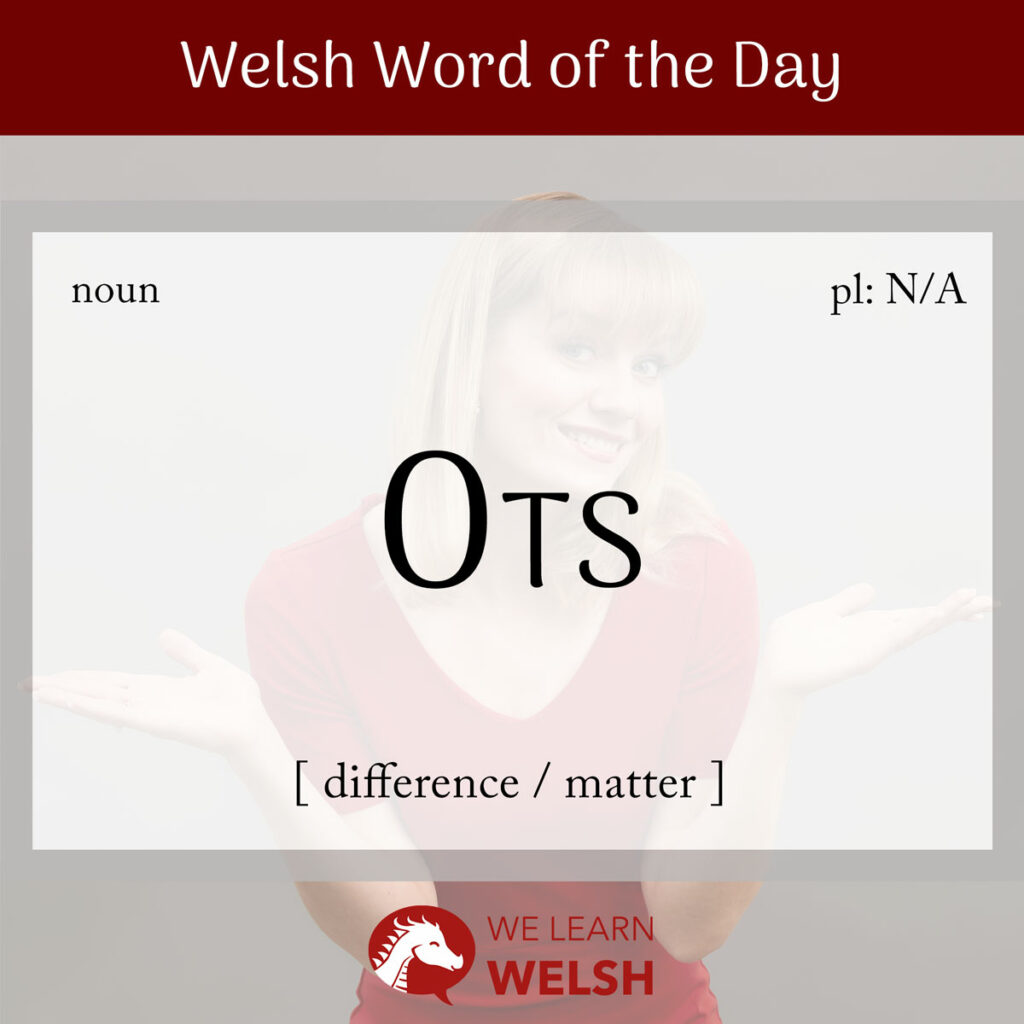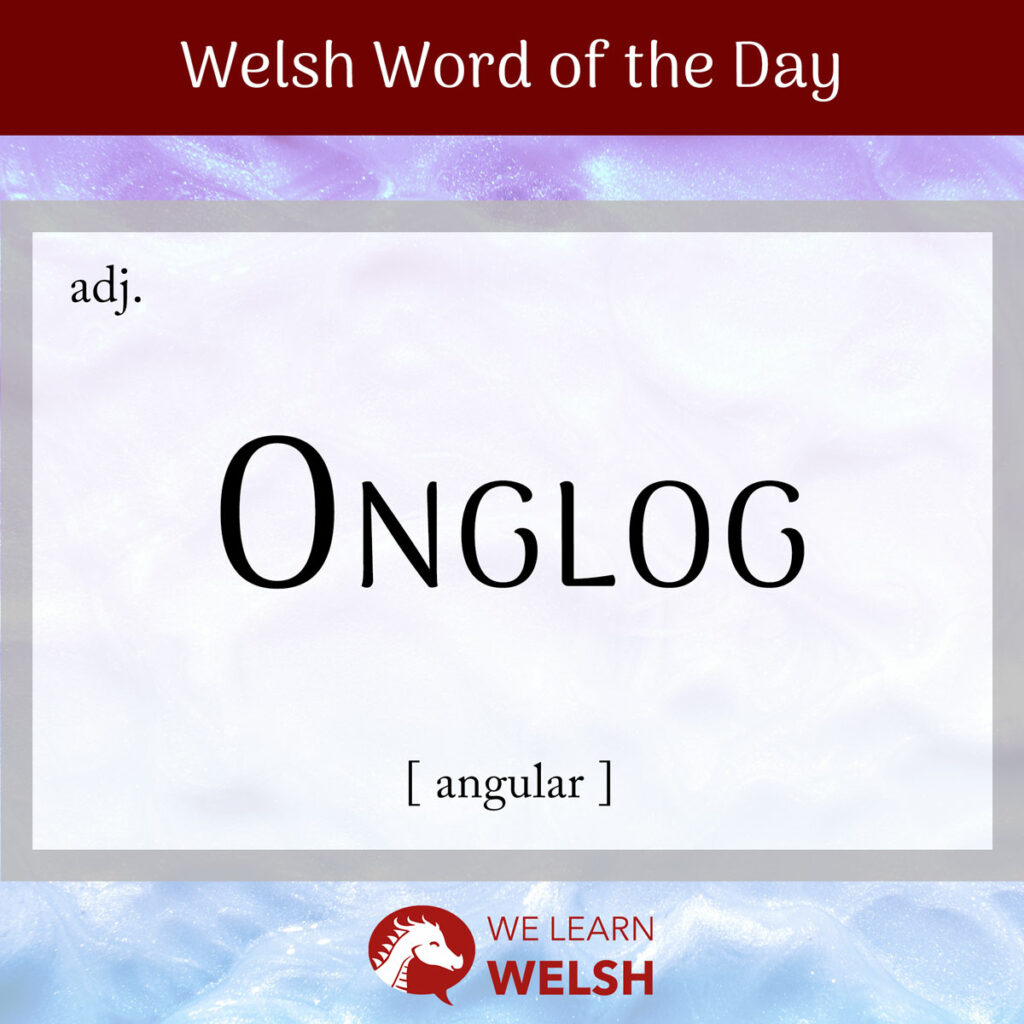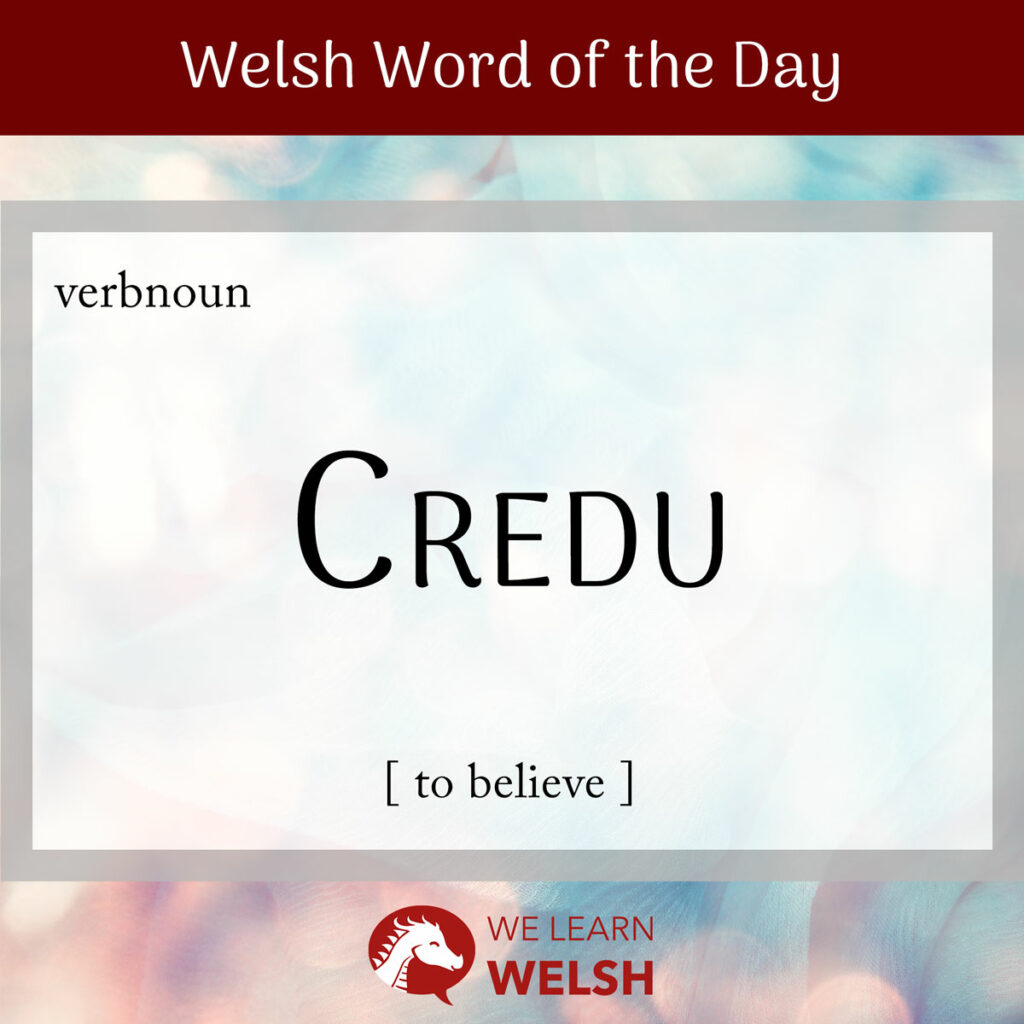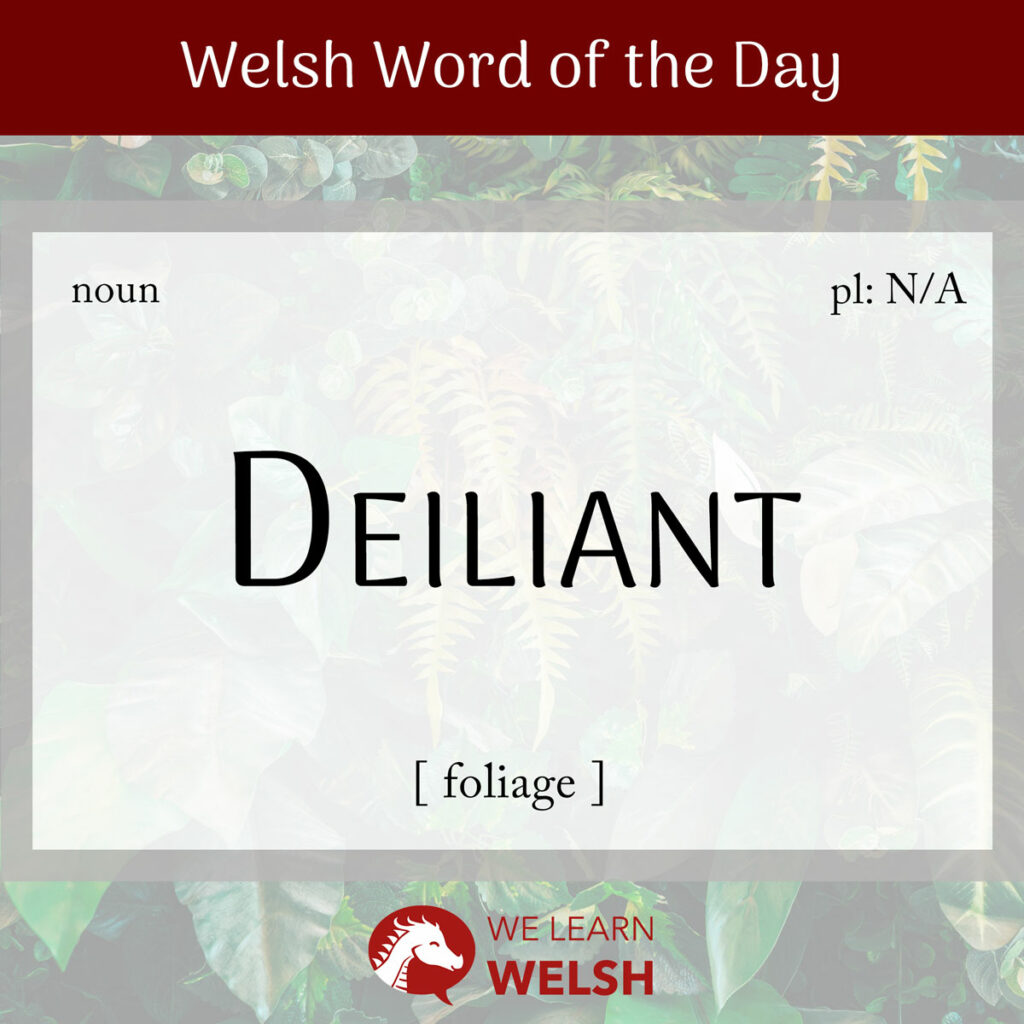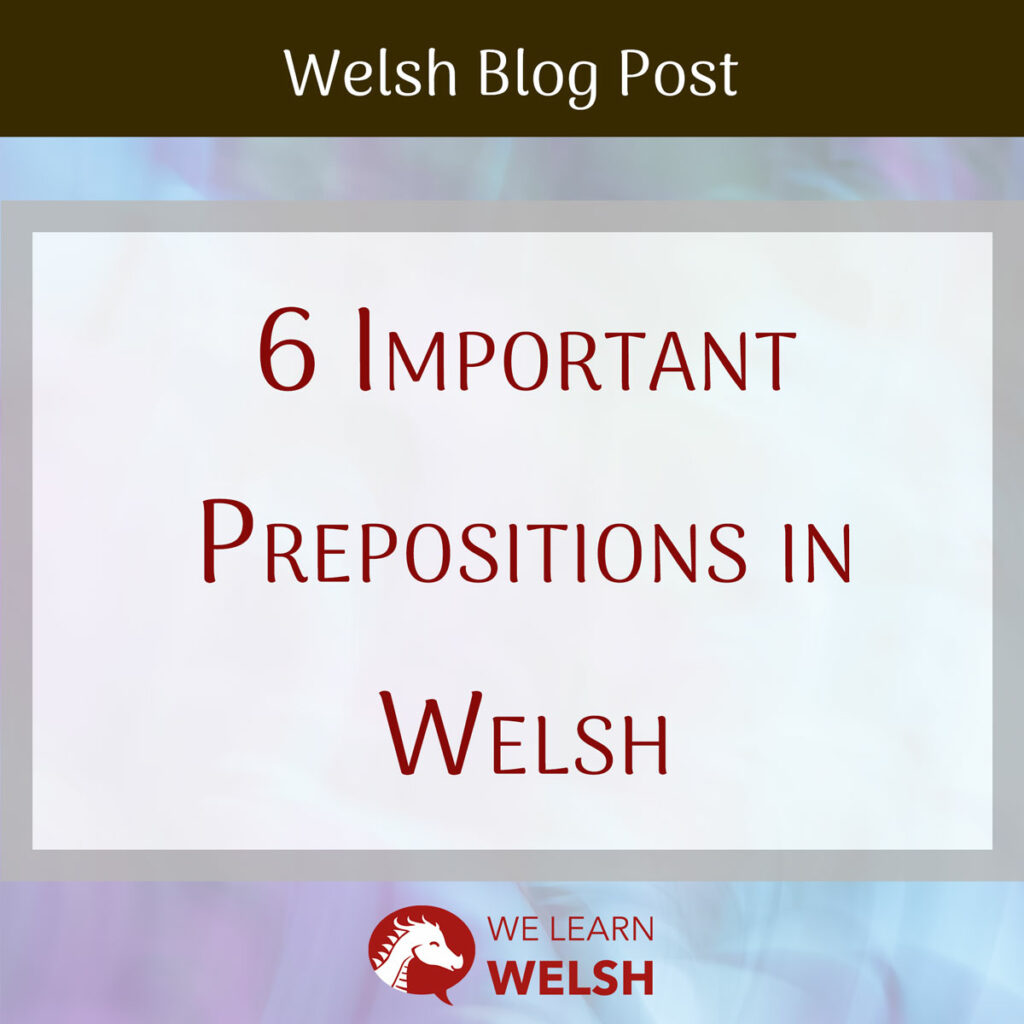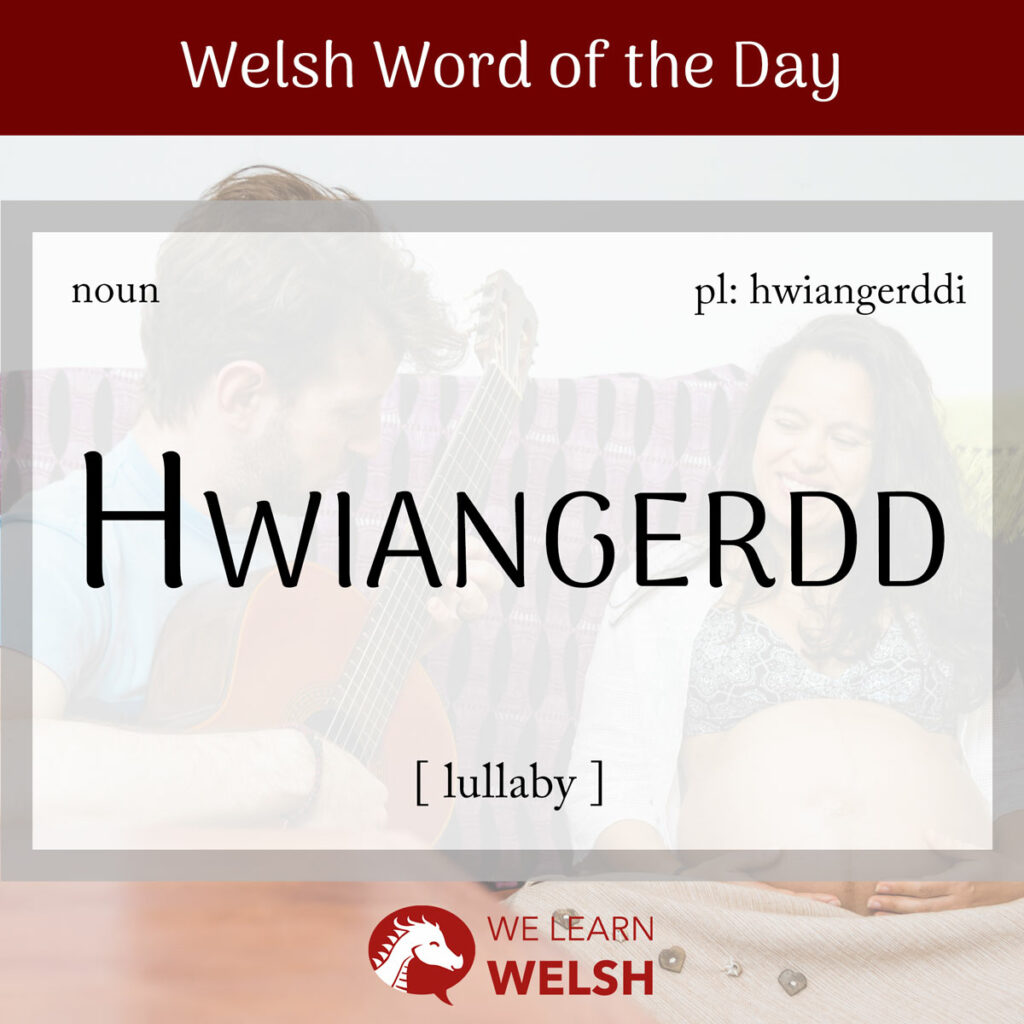Welsh Word of the Day: Gwastraff (waste)
Some words in Welsh have existed in the language since it developed from proto-Brittonic. Some are recognisable borrowings, recent or centuries-old, from English, Latin, or even further afield. But there’s one kind of Welsh word that feels like neither native or loan – words that were technically borrowed, but no longer exist in the original …

